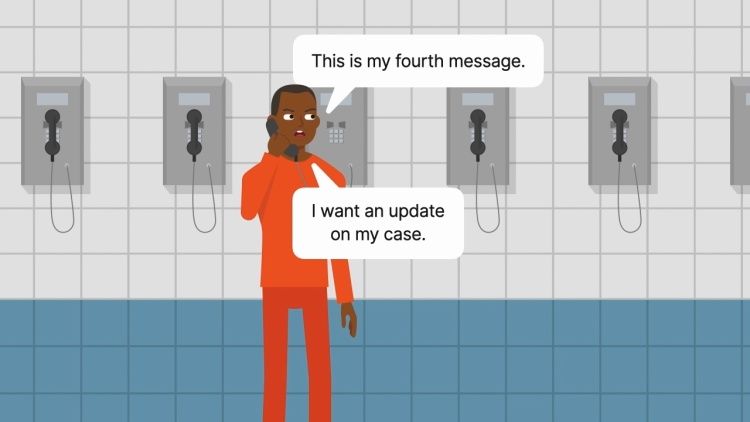Holland v. Florida
United States Supreme Court
560 U.S. 631, 130 S.Ct. 2549, 177 L.Ed.2d 130 (2010)

- Written by Sara Rhee, JD
Facts
In 1997, Albert Holland (plaintiff) was convicted of first-degree murder and was given the death penalty. The Florida Supreme Court affirmed the judgment. On October 1, 2001, this Court refused to hear Holland’s appeal, thereby beginning the one-year period for Holland to bring an application for a writ of habeas corpus under the Antiterrorism and Effective Death Penalty Act of 1996 (AEDPA). On November 7, 2001, Bradley Collins, an attorney, was appointed to represent Holland. On September 19, 2002, Collins filed a motion for post-conviction relief in state court. This filing paused the limitations period under AEDPA. At the time, Holland had 12 days left under the AEDPA limitations period. While the motion for relief was pending, Holland sought reassurance from Collins that his right to seek habeas corpus would be preserved. The state court denied Holland post-conviction relief three years later. Holland appealed that determination to the Florida Supreme Court. During the two years the appeal was pending before the Florida Supreme Court, Collins and Holland communicated only three times by letter. Holland sought to proceed pro se but was not permitted to move for new counsel while he was represented. On February 10, 2005, Collins presented oral arguments before the Florida Supreme Court. Soon afterwards, Holland wrote to Collins reminding him of the impending statute of limitations for filing an application for a writ of habeas corpus. The Florida Supreme Court ultimately denied Holland relief. This decision was finalized on December 1, 2005, which caused the limitations period under AEDPA to start running again. The limitations period expired on January 9, 2006. Holland was unaware of the Florida Supreme Court decision or the expiration of the limitations period. Upon finding out five weeks later, Holland submitted a pro se federal habeas petition in the Federal District Court for the Southern District of Florida. The Federal District Court held that Holland’s appeal was untimely and equitable tolling was not warranted. The Court of Appeals affirmed, finding that an attorney’s unprofessional conduct in filing an untimely application for habeas corpus was not egregious enough to warrant equitable tolling.
Rule of Law
Issue
Holding and Reasoning (Breyer, J.)
Concurrence (Alito, J.)
Dissent (Scalia, J.)
What to do next…
Here's why 907,000 law students have relied on our case briefs:
- Written by law professors and practitioners, not other law students. 47,100 briefs, keyed to 996 casebooks. Top-notch customer support.
- The right amount of information, includes the facts, issues, rule of law, holding and reasoning, and any concurrences and dissents.
- Access in your classes, works on your mobile and tablet. Massive library of related video lessons and high quality multiple-choice questions.
- Easy to use, uniform format for every case brief. Written in plain English, not in legalese. Our briefs summarize and simplify; they don’t just repeat the court’s language.





